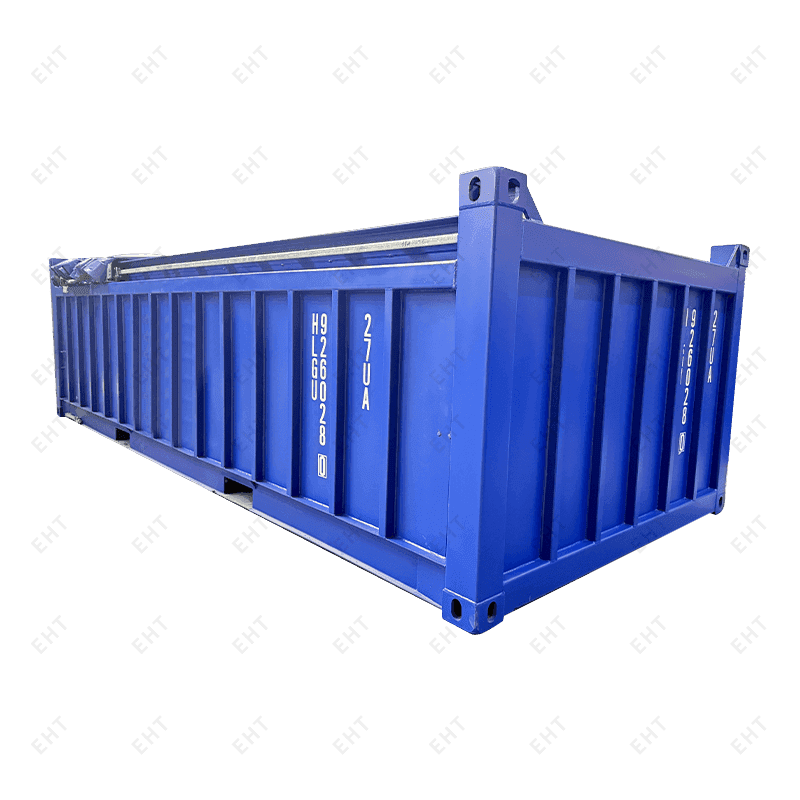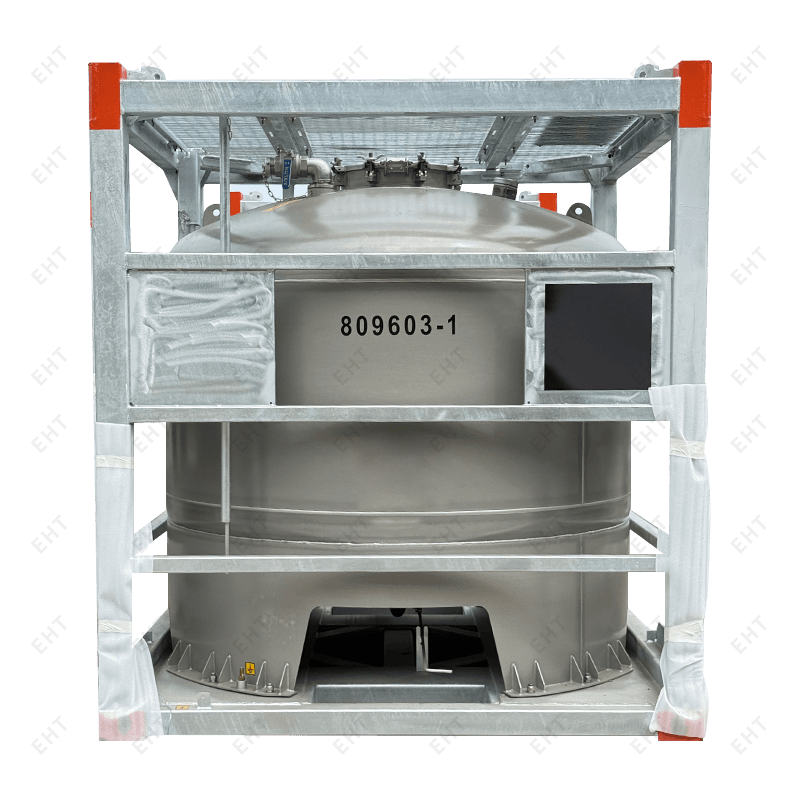The transportation of unpackaged materials in large volumes serves as a cornerstone for critical sectors including agriculture, construction, mining, and chemical manufacturing. Bulk cargo, distinct from containerized or packaged freight, encompasses both dry commodities such as coal and grains, as well as liquid products like crude oil and chemical substances. The successful movement of these materials relies heavily on specially designed bulk shipping vessels and equipment, which are specifically constructed to address the particular demands and challenges inherent in handling bulk goods.

What Qualifies as Bulk Cargo?
Bulk cargo refers to goods shipped in loose, unpackaged form. It is typically divided into two categories:
| Type | Examples | Common Industries |
| Dry Bulk | Grains, coal, sand, cement | Agriculture, mining, construction |
| Liquid Bulk | Crude oil, chemicals, molasses | Energy, petrochemicals, food processing |
Unlike unitized cargo, bulk cargo is poured or pumped directly into a vessel, railcar, or container. This method maximizes volume efficiency and reduces handling time, but it also requires careful consideration of container design and material compatibility.
Bulk Shipping Containers: Key to Safe and Scalable Transport
The backbone of bulk cargo logistics is the bulk shipping container. These containers are purpose-built for transporting large quantities of dry or liquid cargo safely and efficiently across long distances. Their construction materials, loading mechanisms, and discharge systems vary based on the cargo's physical and chemical properties.
Common Bulk Shipping Container Types
| Container Type | Description | Suitable for |
| Dry Bulk Container | Equipped with loading hatches and gravity discharge chutes. | Grains, powders, cement |
| Tank Container | Cylindrical tanks housed in a steel frame, compliant with ISO standards. | Chemicals, fuels, food-grade liquids |
| Flexitank | A flexible bladder installed inside a 20ft container. | Non-hazardous liquids like oils |
| IBC (Intermediate Bulk Container) | Rigid, reusable plastic or metal containers. | Chemicals, food ingredients |
Each container must comply with industry and international safety standards, especially when transporting hazardous or temperature-sensitive materials.
Advantages of Using Bulk Shipping Containers
1.Compared to transporting bulk cargo in loose form on ships or in bulk bags, using containers offers several distinct advantages:
2.Reduced Contamination Risk – Sealed containers help prevent product exposure to moisture, air, or other contaminants.
3.Minimized Cargo Loss – Containers with tight seals and secure discharge valves reduce spillage and product waste.
4.Improved Operational Efficiency – Streamlined loading and unloading processes lower labor and handling costs.
5.Standardization – ISO-compliant containers are compatible with global logistics infrastructure.
Additionally, containerization simplifies multimodal transport, enabling seamless transitions between ships, trucks, and trains.
Operational Considerations for Bulk Cargo Handling
1.Handling bulk cargo requires attention to several logistical and technical details to ensure both cargo integrity and worker safety. These considerations include:
2.Proper Container Selection – Choose the container type based on cargo density, reactivity, flowability, and moisture sensitivity.
3.Loading Procedures – Dry bulk is typically loaded via gravity or pneumatic systems, while liquid bulk is pumped in under controlled pressure.
4.Discharge Mechanisms – Depending on the cargo, discharge may be by gravity, air pressure, or pumps.
5.Cleaning & Maintenance – Residue left in containers must be cleaned thoroughly, particularly for food-grade or chemical containers, to avoid cross-contamination.
Temperature Control – For certain chemicals or food products, insulation or temperature monitoring may be needed.
Industries that Rely on Bulk Cargo Transport
Numerous sectors rely on bulk shipping containers for reliable material movement. Here's a quick overview:
| Industry | Typical Bulk Cargo | Container Type Often Used |
| Agriculture | Wheat, corn, fertilizer | Dry bulk containers |
| Energy & Petroleum | Crude oil, fuels | Tank containers, ISO tanks |
| Food & Beverage | Edible oils, sugar, wine | Flexitanks, food-grade tanks |
| Mining & Metals | Iron ore, bauxite, coal | Hopper-type dry bulk containers |
| Chemicals | Solvents, resins, acids | Chemical-resistant tank containers |
Environmental and Regulatory Compliance
With the rise of global environmental standards, the bulk shipping industry is increasingly focused on eco-friendly transport solutions. Reusable bulk shipping containers reduce waste, while innovations in leak-proof design minimize environmental risk. Additionally, containers transporting hazardous materials must meet compliance with:
IMDG Code (International Maritime Dangerous Goods Code)
ADR (for road transport in Europe)
ISO 1496 and ISO 6346 container standards
Failure to meet regulatory requirements not only risks cargo rejection but can also lead to legal liabilities and reputational damage.
Conclusion
As the global economy grows more interconnected, the role of bulk cargo transportation continues to expand. Whether it’s moving agricultural produce, chemicals, or minerals, bulk shipping containers serve as essential tools in maintaining supply chain continuity, safety, and efficiency. From standard dry bulk containers to sophisticated ISO tanks and flexitanks, selecting the right container can dramatically improve operational outcomes.






